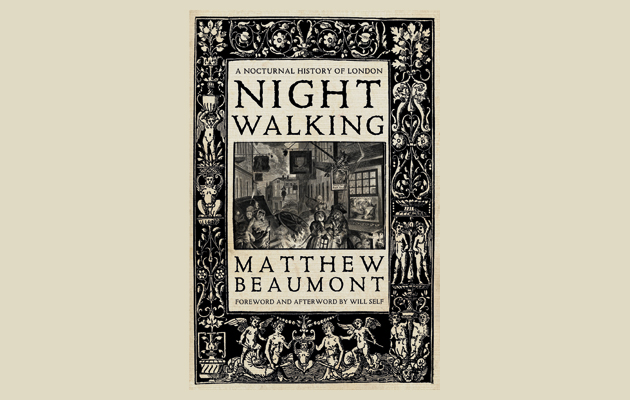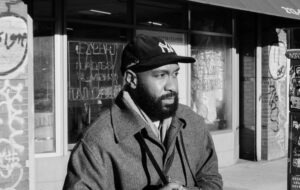|
|
||
|
A portrait of London through the eyes of the writers who stalked its darkened streets casts the city in a new light, finds Chris Hall For some reason, while I was reading Nightwalking, I kept thinking of an episode of SpongeBob SquarePants. Krusty Krab opens for business 24/7, and SpongeBob cannot curb his enthusiasm for doing all the jobs he does as a fry cook during the day but “AT NIGHT!” Perhaps it was a desire to offset Matthew Beaumont’s high-brow socio-literary history (he always writes “in contradistinction to” rather than “in contrast to”) – or, more likely, the result of reading about purposeless night wanderings – that left my mind drifting to satiric depictions of 21st-century labour relations as revealed by an irrepressible cartoon sponge. In this somewhat heavy-going but fascinating history of London at night, Matthew Beaumont more than supports his assessment that, paradoxically, darkness illuminates the history of the city. Nightwalking is a chronological cultural history that takes the reader from the Middle Ages to the arrival of the Romantic period and beyond, when walking increasingly became an end in itself rather than a means to an end. In delineating some of the statutes proscribing night-walking – which date from as far back as the 13th century – and how these were a forerunner of the so-called “Sus” law, a prototype stop-and-search law first instigated by the Vagrancy Act of 1824, Beaumont points up the similarities between feudal and capitalist societies’ attitudes towards poverty. As the historian AL Beier has written, “offenders were arrested not because of their actions, but because of their position in society”. It was acceptable to be an aristocratic roisterer, but not to be simply homeless.Beaumont’s impassioned anger bubbles away just below the surface: “To dismiss these itinerant men and women as ‘idle’, as official discourse did, and to criminalise them, as the courts did, was to declare that the accelerating process of modernisation had already discarded them.” Nightwalking reveals “the black underside of the Enlightenment mind” – those “recesses of the 18th-century psyche that escaped the advancing logic of the Enlightenment”. Ironically, it was only when the Industrial Revolution arrived that these rootless loners would be exploited on a mass scale as “ideal soldiers in the industrial army”. In addition, Beaumont pinpoints a turning point for the socialisation of the night that arrived with the coming of public night-lighting in the late 17th century. Thereafter London was “truly a 24-hour city”, and only what he calls a “moral curfew” still pertained. Among many other matters, Beaumont is helpful on etymology throughout, explaining, for instance, how “curfew” comes from the French “couvre-feu” (cover the fire), and was intended to prevent the spread of fire at night, while “vagabond” comes from the Latin “vagare” (to wander). Yet, for all his dense literary excavations, there is also a more elegiac tendency at play here, one that takes as its cue the 19th-century poet John Clare’s haunting phrase that he felt “homeless at home”. And Beaumont’s erudition is leavened by occasional humour – at one point he extends Henri Lefebvre’s description of the city as “flaky mille-feuille pastry” by saying that the poor areas are like “something left over from Miss Havisham’s wedding feast”. He is also very good at making the past immediate – as he drifts through his texts, it’s easy to confuse the 18th-century tales of carts and coaches and pedestrians arguing over who has the right of way with current events. Is that James Boswell who “sallied forth like a roaring Lion after girls, blending philosophy and raking”, or Russell Brand? Yet the overall sense in Nightwalking is of someone obsessively wondering and wandering around inside the very texts themselves – be it Chaucer, Shakespeare, De Quincey, Wordsworth, Dickens or Blake. In this way, Beaumont’s feat is comparable to Wordsworth’s, who, according to De Quincey, clocked up “175,000 to 180,000 English miles” in the course of his prolific walking life. As Nightwalking makes clear, Beaumont’s true achievement is as a flaneur of literature itself. |
Words Chris Hall
Nightwalking: A Nocturnal |
|
|
||




















